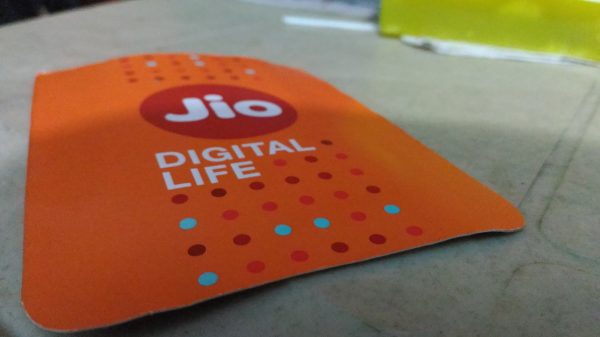BlackBerry has accused Facebook, and its subsidiaries Instagram and WhatsApp, of co-opting its mobile messaging intellectual property to develop their mobile messaging applications, in a lawsuit filed earlier this week. It says: Defendants (Facebook, Instagram and WhatsApp) created mobile messaging applications that co-opt BlackBerry’s innovations, using a number of the innovative security, user interface, and functionality enhancing features that made BlackBerry’s products such a critical and commercial success in the first place. The four specific features that BlackBerry has highlighted in the lawsuit are: Security Improvements: improved cryptographic techniques that establish and maintain security over user messages and provide the requisite trust necessary for user adoption of a messaging platform for their communication needs. User Interface Improvements For Mobile Devices: including improvements in message notification techniques that streamline and optimise reception of new message notifications that prevent users from being inundated with numerous messaging notifications, display of timestamps in a messaging user interface that provides users with appropriate temporal context for their communications without overtaking the user’s screen with unnecessary information, and tagging friends and family in social media photographs. Combining Mobile Gaming And Mobile Messaging: allowing users to more easily interact while playing electronic games. Battery Efficient Status Updates for Mobile Devices: improved techniques for transmitting status updates based on whether a second device is viewing the status updates, to reduce power consumption and improve battery life in mobile devices. The seven patents which BlackBerry claims Facebook and its subsidiaries have infringed are: "Method of public key generation," which…





























